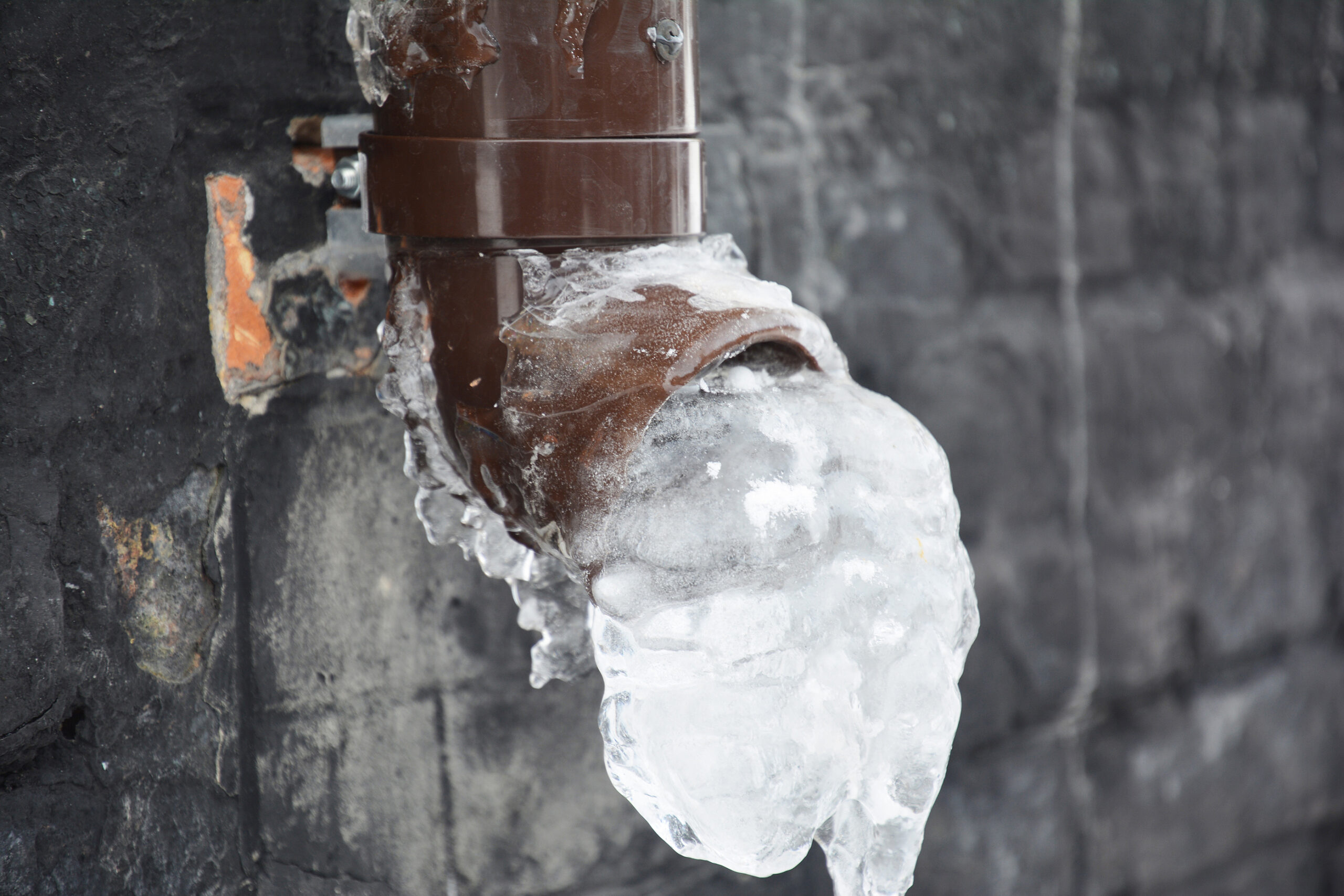Everyone is bound to have their personal conception with regards to Winter Plumbing Precautions: Preventing Frozen Pipes.

Winter can ruin your pipes, specifically by freezing pipelines. Right here's exactly how to avoid it from happening and what to do if it does.
Intro
As temperature levels drop, the danger of icy pipes rises, potentially resulting in costly repair work and water damages. Recognizing exactly how to avoid frozen pipelines is important for house owners in cool environments.
Comprehending Frozen Pipes
What causes pipes to freeze?
Pipes freeze when revealed to temperatures listed below 32 ° F (0 ° C) for expanded periods. As water inside the pipelines freezes, it broadens, taxing the pipe wall surfaces and potentially triggering them to burst.
Dangers and problems
Icy pipes can cause water disturbances, home damage, and pricey repair services. Burst pipes can flood homes and trigger extensive structural damage.
Indicators of Frozen Pipeline
Identifying frozen pipelines early can stop them from bursting.
How to determine frozen pipes
Look for decreased water circulation from taps, uncommon smells or sounds from pipelines, and noticeable frost on revealed pipes.
Prevention Tips
Protecting prone pipelines
Cover pipes in insulation sleeves or use warmth tape to secure them from freezing temperatures. Focus on pipelines in unheated or external areas of the home.
Home heating methods
Keep interior spaces effectively warmed, especially areas with pipes. Open up cabinet doors to enable cozy air to distribute around pipelines under sinks.
Securing Outdoor Plumbing
Garden tubes and outdoor taps
Disconnect and drain garden pipes prior to winter. Mount frost-proof faucets or cover outdoor taps with shielded caps.
What to Do If Your Pipes Freeze
Immediate actions to take
If you presume icy pipes, keep faucets available to ease stress as the ice thaws. Utilize a hairdryer or towels taken in hot water to thaw pipelines slowly.
Long-Term Solutions
Structural modifications
Consider rerouting pipelines away from outside walls or unheated areas. Include added insulation to attic rooms, cellars, and crawl spaces.
Upgrading insulation
Invest in top quality insulation for pipes, attic rooms, and walls. Appropriate insulation helps preserve consistent temperature levels and minimizes the threat of frozen pipes.
Verdict
Protecting against frozen pipes calls for proactive steps and fast responses. By comprehending the reasons, indications, and safety nets, homeowners can safeguard their pipes throughout cold weather.
Helpful Tips to Prevent Frozen Pipes this Winter
UNDERSTANDING THE BASICS: WHY PIPES FREEZE AND WHY IT’S A PROBLEM
Water freezing inside pipes is common during the winter months, but understanding why pipes freeze, and the potential problems it can cause is crucial in preventing such incidents. This section will delve into the basics of why pipes freeze and the associated problems that may arise.
THE SCIENCE BEHIND FROZEN PIPES
When water reaches freezing temperatures, it undergoes a physical transformation and solidifies into ice. This expansion of water as it freezes is the primary reason pipes can burst. As the water inside the pipe freezes, it expands, creating immense pressure on the walls. If the pressure becomes too great, the pipe can crack or rupture, leading to leaks and water damage.
FACTORS THAT CONTRIBUTE TO PIPE FREEZING
Low Temperatures: Extremely cold weather, especially below freezing, increases the risk of pipes freezing. Uninsulated or Poorly Insulated Pipes: Pipes located in unheated areas, such as basements, crawl spaces, or attics, are more prone to freezing. Insufficient insulation or lack of insulation altogether exacerbates the problem. Exterior Wall Exposure: Pipes running along exterior walls are susceptible to freezing as they encounter colder temperatures outside. Lack of Heating or Temperature Regulation: Inadequate heating or inconsistent temperature control in your home can contribute to frozen pipes. PROBLEMS CAUSED BY FROZEN PIPES
- Pipe Bursting: As mentioned earlier, the expansion of water as it freezes can cause pipes to burst, resulting in significant water damage.
- Water Damage: When pipes burst, it can lead to flooding and water damage to your property, including walls, ceilings, flooring, and personal belongings.
- Structural Damage: Prolonged exposure to water from burst pipes can compromise the structural integrity of your home, leading to costly repairs.
- Mold and Mildew Growth: Excess moisture from water damage can create a favorable environment for mold and mildew growth, posing health risks to occupants.
- Disrupted Water Supply: Frozen pipes can also result in a complete or partial loss of water supply until the issue is resolved.
WHY CERTAIN PIPES ARE MORE PRONE TO FREEZING
- Location: Pipes located in unheated or poorly insulated areas, such as basements, crawl spaces, attics, or exterior walls, are at higher risk of freezing.
- Exterior Pipes: Outdoor pipes, such as those used for irrigation or exposed plumbing, are particularly vulnerable to freezing as they are directly exposed to the elements.
- Supply Lines: Pipes that carry water from the main water supply into your home, including the main water line, are critical to protect as freezing in these lines can affect your entire plumbing system.
- Underground Pipes: Pipes buried underground, such as those connected to sprinkler systems or outdoor faucets, can be susceptible to freezing if not properly insulated.
https://busybusy.com/blog/helpful-tips-to-prevent-frozen-pipes-this-winter/

As an enthusiastic person who reads about Preventing and dealing with frozen pipes, I thought sharing that piece of content was worth the trouble. Are you aware of somebody else who is fascinated with the niche? Why not promote it. We recognize the value of reading our article about How to prepare your home plumbing for winter weather.
Book An Estimate Now